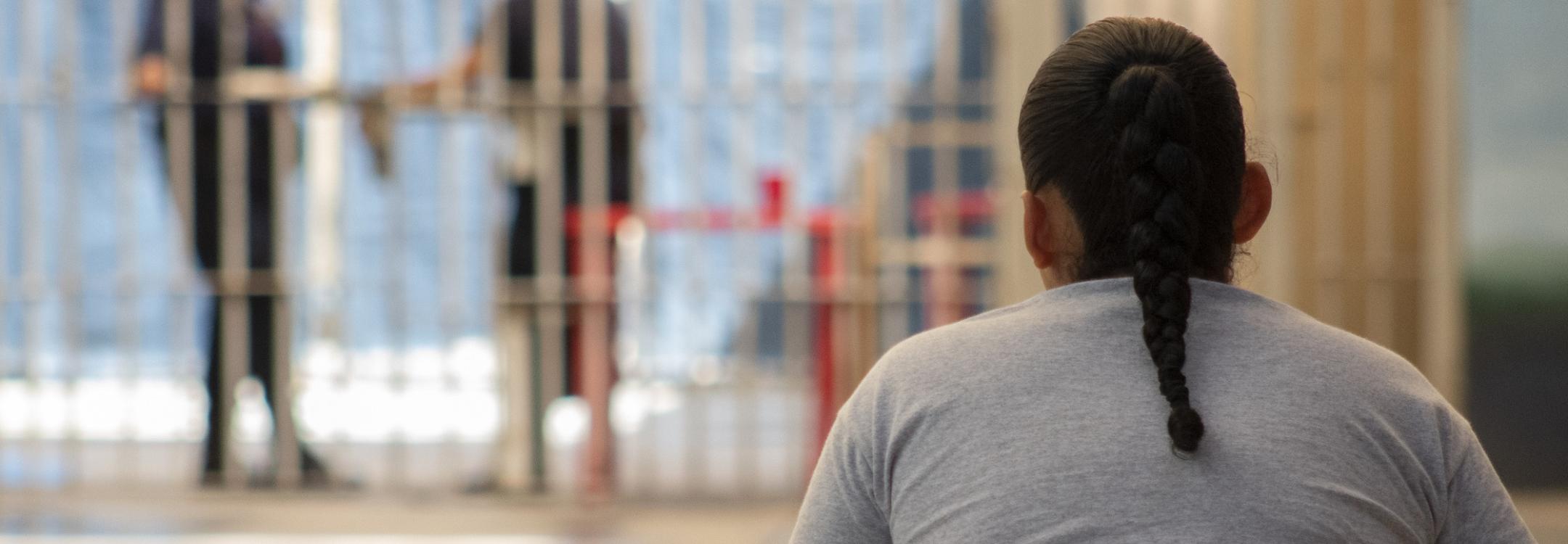
Life is valuable. I didn’t always realise that. My journey has taught me to treat myself better, but also to look at others differently and to value their lives. I volunteer in jails and share with others my experience, strength and hope because I want them to know they are valuable, worthy of love and capable of having a peaceful life. And that all human beings experience both good and bad in life.
Today’s prisons are warehouses for the mentally ill. Since all prisoners are entitled to physical and mental healthcare, their care should be fully addressed. However, staff are not adequately trained to address special needs of women. The incarcerated individual must be addressed physically, emotionally and spiritually.
“Society can be measured by the ways its prisoners are treated.”
Winston Churchill
Healthy habits must be taught while in custody to ensure a successful transition from the cell to society. It must be understood that by the time an individual becomes incarcerated they are most likely spiritually and emotionally empty, as well as physically unhealthy. New ways of coping are only discussed at a minimum, with no real steps taken toward developing healthy habits.
Many of the medications provided simply dull a person’s thinking and cause extreme weight gain. When an individual is locked up most of the time, they are placed on medication to encourage good behaviour, not healthy sustainable behaviour which is transferrable to the outside. And because the medication they are given is not the best match for their needs, it will be stopped immediately on release and replaced with more familiar mood-altering substances.
Meditation and movement, by contrast, can help create a sense of wellbeing and improve a person’s self-esteem. Prayer, meditation, movement, along with healthy eating, can help an individual sustain a healthy lifestyle after release. The average woman will, after release, be unhappy about the way she feels and looks. She will likely return to alcohol and drugs to numb those negative feelings. Holistic behaviors must be encouraged, adopted and available to help the newly-released woman make a successful transition.
As I recall my own mistakes and downfalls, I recognise that I was suffering from low self-esteem. Without proper guidance and preparation, I lacked knowledge of what my life could be like and that I could have a career outside of being a street pharmacist, a hustler or charming others out of their money. Today, when I am at the jail, I have many discussions with the women and bring up topics for them to ponder. I also bring copies of the Grapevine, a magazine with stories that are filled with hope. I know from my own personal struggles that God can shine light in all those dark places and spaces. My mission is to give hope to others, since I was in the dark and did not see a way out until someone shared their story with me.
Adrienne Shaw is a member of CURE (Citizens United for the Relief of Errants), serving the Re-think Justice arm and the Out the Box Committee. She is a Health & Wellness Advocate, promoting healthy living and teaching yoga in the community, and mentors incarcerated (DC Jail-CTF), newly-released and underserved women in the community.